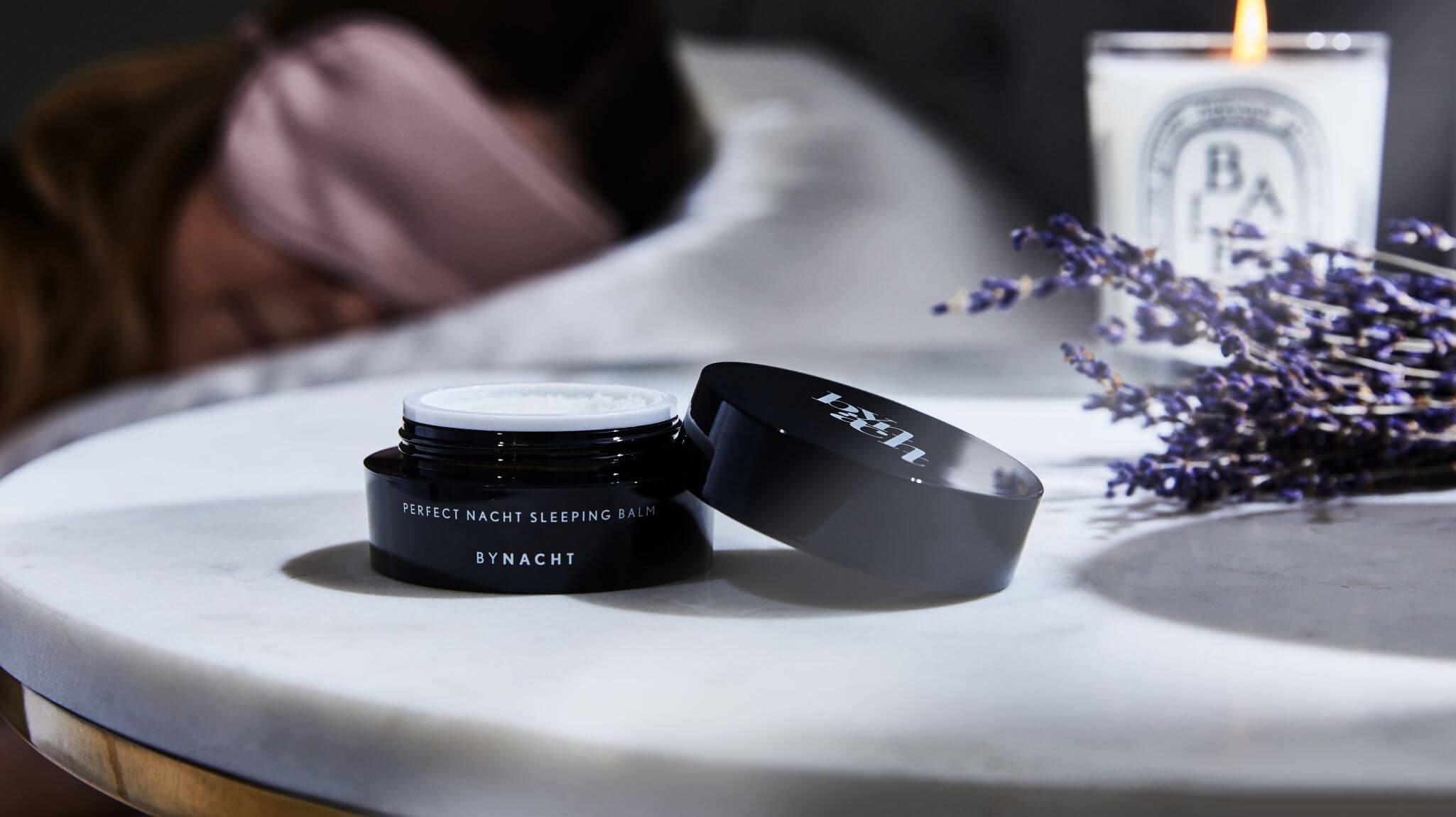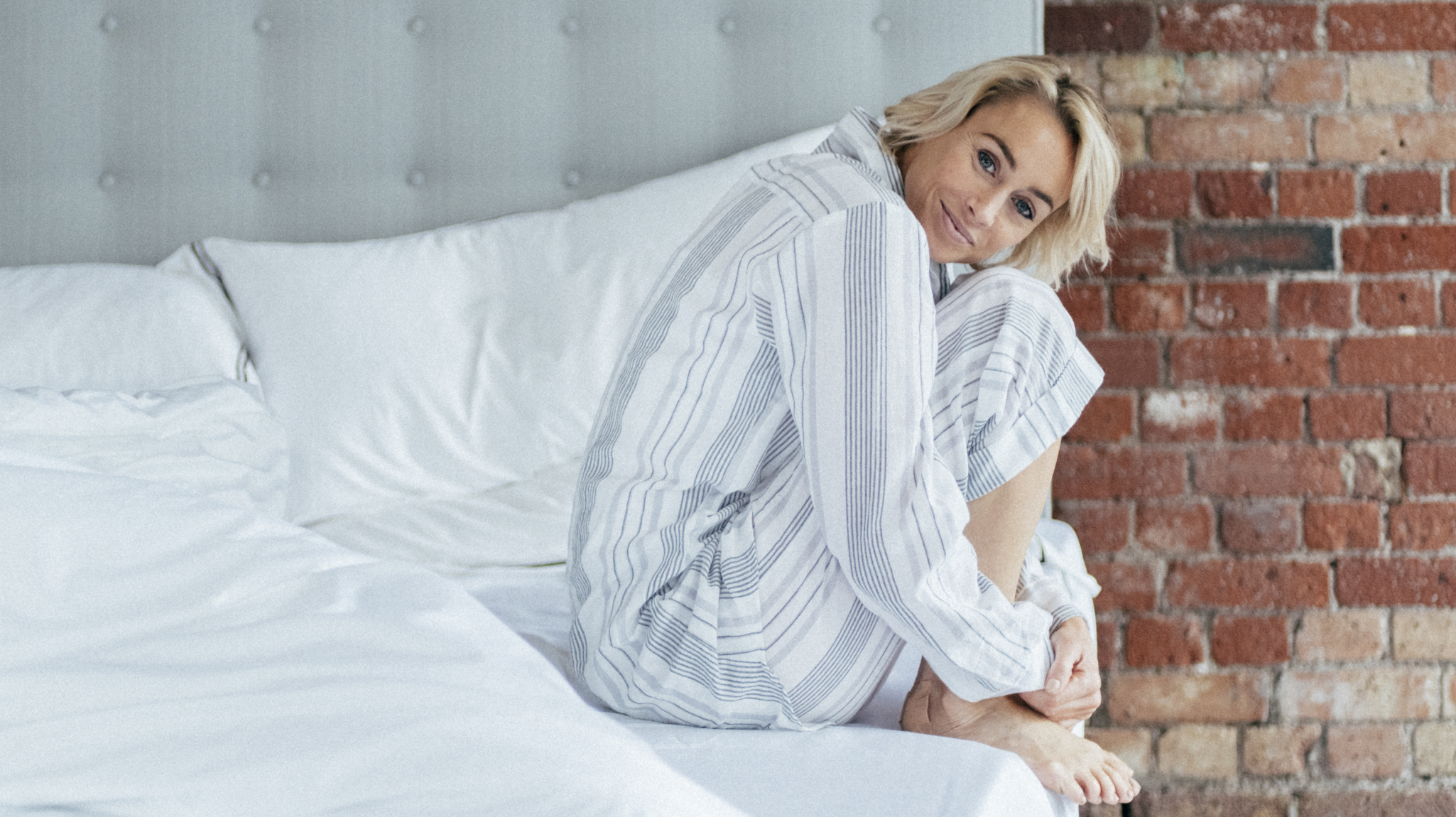Can napping boost your creativity?
In recent years, the phenomenon of a ‘power nap’ has gained reputable support from many experts across the globe. Countless studies have shown that a quick afternoon snooze can boost our productivity and fuel us for the day. Today, we discover exactly how we can benefit from a nap, and what it takes to get napping right.
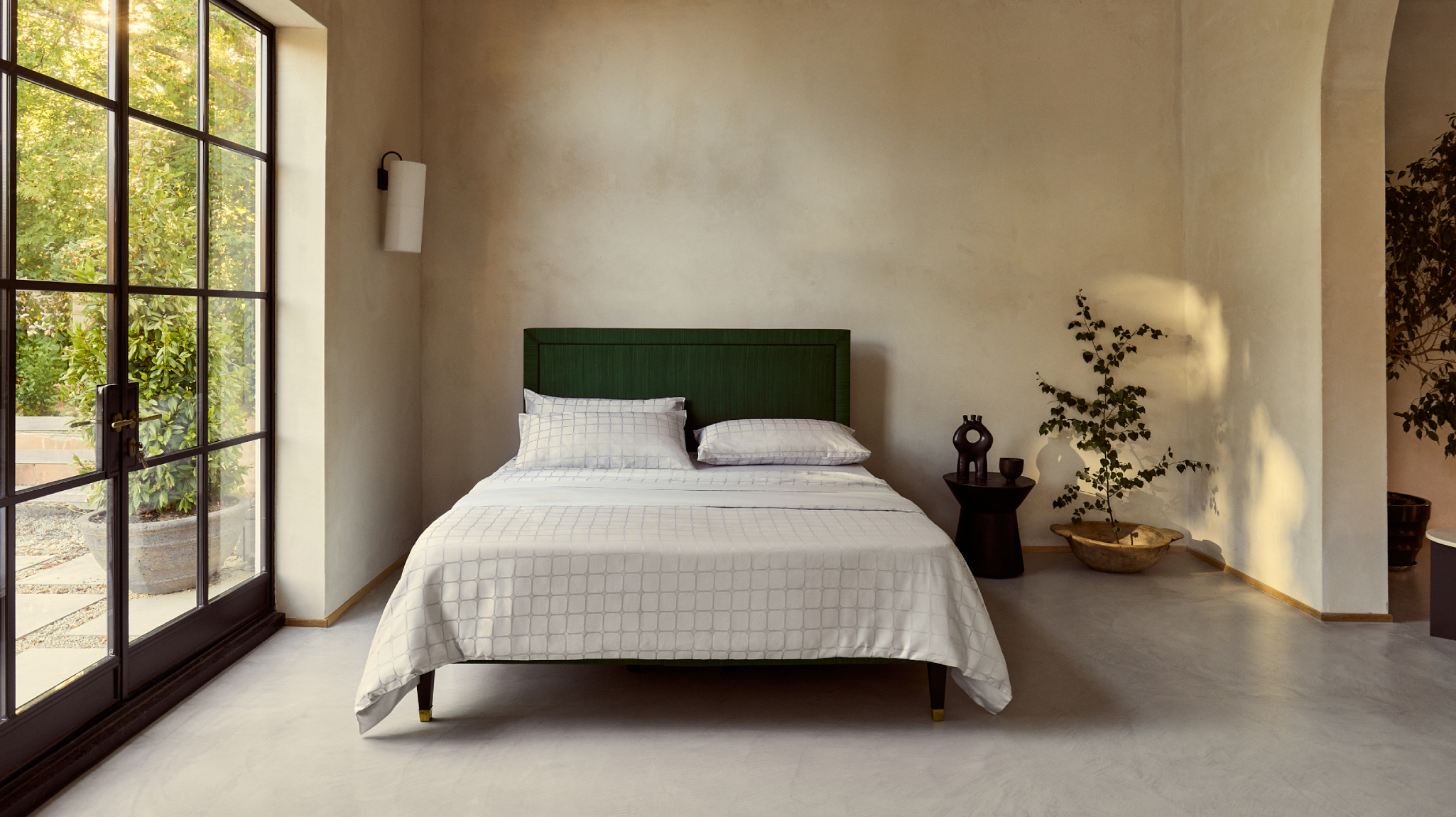
While increased energy and productivity provide great incentives to nap, our curiosity has driven us to discover another distinct benefit of indulging in an afternoon snooze – its impact on our creative thinking and problem-solving abilities. In today’s fast-paced world, sleep is nature’s balm. It allows us to relax and refresh in the most pleasurable way. As an active process, it also serves many vital functions. From memory consolidation and improved decision-making through to the clearance of brain toxins and cell recovery. It’s why at Savoir we have spent over a century discovering the benefits of a good night’s rest and travelled to every corner of the world in search of the best natural ingredients. Throughout our journey, we have learned from the most esteemed experts, who have guided us towards understanding the science of sleep. One of those individuals is sleep scientist, author, and sleep expert to Savoir, Dr Rebecca Robbins.
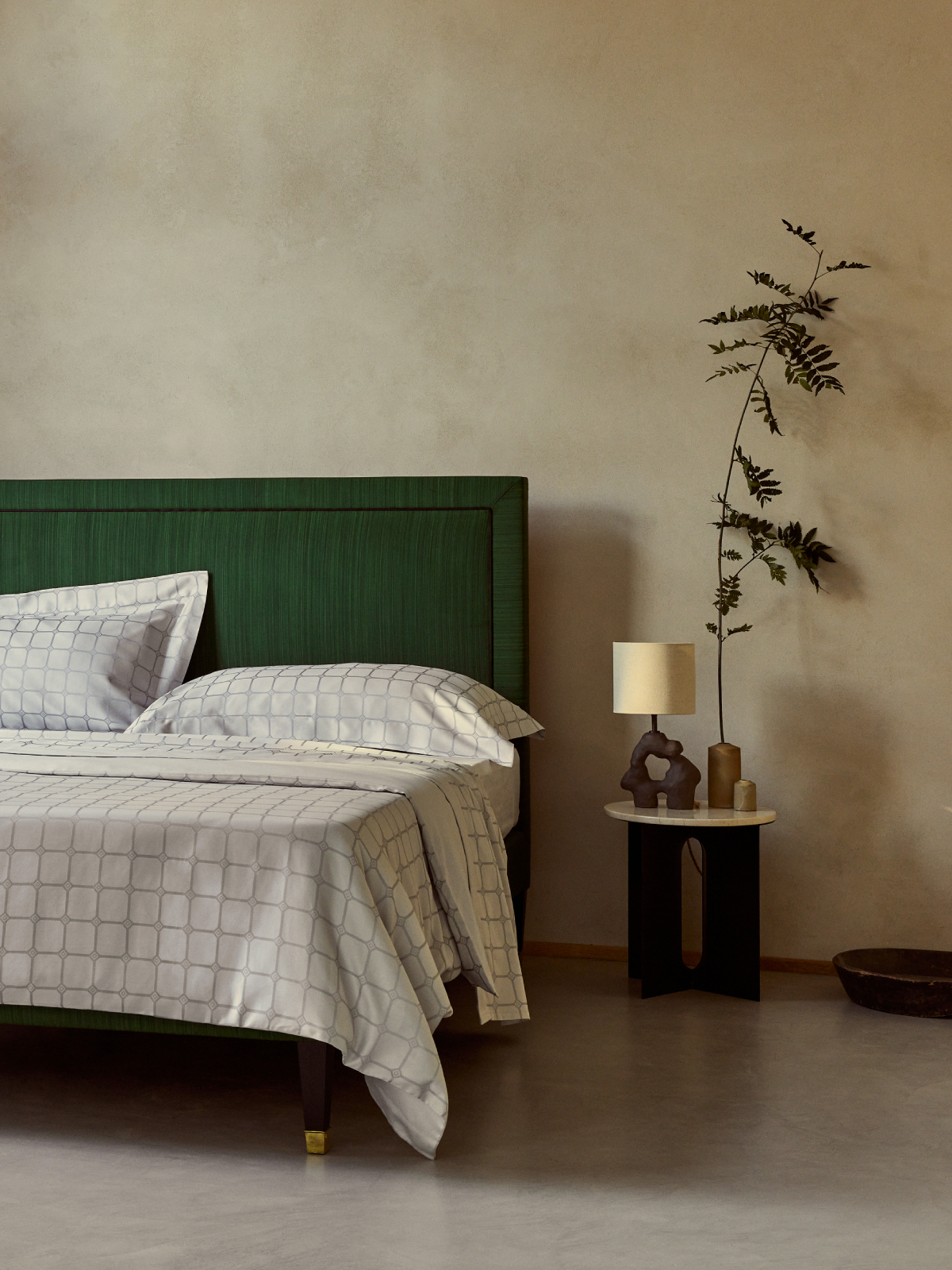
Together with Dr Robbins, we’ve explored the importance of a consistent schedule that allows the sleeper to reap the benefits of consolidated sleep. Marked by symphonic patterning of entering and re-entering different sleep stages, each characterised by different patterns of brain and body activity. A consistent, consolidated block of sleep allows for the repetition and rehearsing of events from the day, transitioning memories from short to long-term storage and enhancing our ability to gain insight after waking.
While the importance of nocturnal sleep remains unchallenged, here, we focus on understanding the lesser-discovered stage of sleep, the N1, also known as Hypnagogia. This is the first part of our sleep cycle, attainable through a brief nap, and its surprising benefits may leave you leaning toward a mid-day snooze.
[…] recent evidence suggests that the onset of sleep, specifically the transition from wake to sleep (Non-REM, N1 sleep), is a time where we are potentially better able to forge connections between concepts in our recent memory stores and wake having boosted our creativity.
Anecdotally, both Thomas Edison and Salvador Dalí relied on this short stage of sleep to fuel their problem-solving abilities. They would allow themselves to snooze while holding a heavy object in their hand. Once they entered other stages of sleep, muscles relaxed and caused the object they were holding to fall and wake them up. When awakened from their nap, they’d immediately return to work, fuelled with creativity that enabled them to solve problems they faced beforehand.
Researchers at the Sorbonne Université Paris Brain Institute recruited participants and gave them a math problem requiring creativity. They then offered them the opportunity to sleep and found that those who spent at least 15 seconds in N1 were three times more likely to find the solution than those who remained awake. More recently, researchers at MIT and Harvard Medical School explored the creativity of participants who were able to indulge in a brief nap rich in N1. They found that not only a short-term sleep in N1 boosted post-sleep creativity, but also that dream incubation, or giving a person a specific prompt and challenging them to dream about that topic, even further increased creativity.
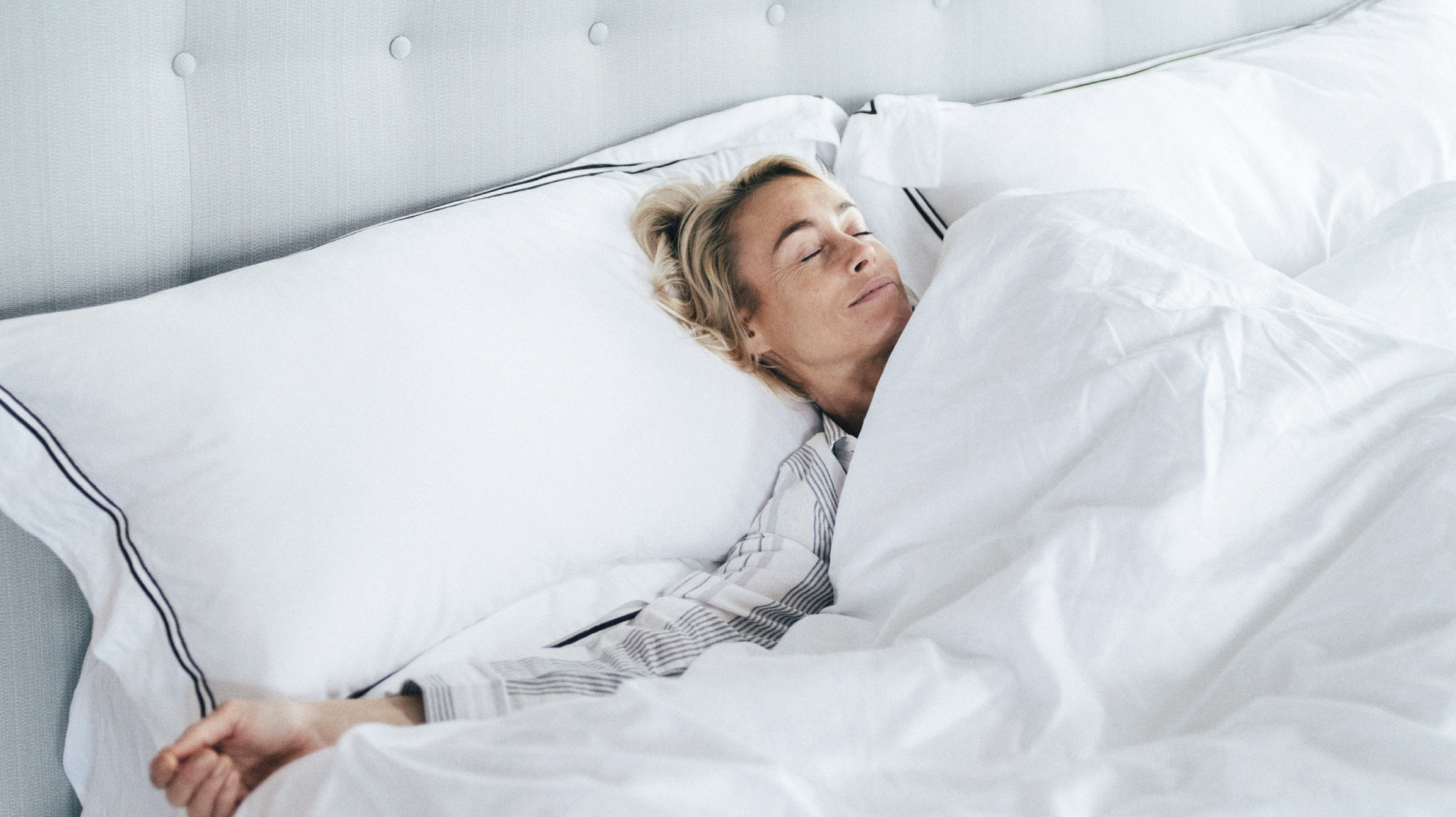
Elly Suh, the multi-award-winning violinist, and co-star of our latest campaign, ‘A Place to Dream,’ always includes a nap as part of her pre-concert preparations. While practising on the day of the performance can do more harm than good, resting and recharging are considered mandatory for Elly. It not only allows her to feel refreshed and ready to be on stage but also fuels her with clarity and creativity.
[…] the day of a performance is probably my favourite day. It’s really a time I can just take to rest and pamper myself. I don’t do much practising, maybe just a bit of warm-up – I just try to take it easy. Two or three hours before the concert I’ll take a little nap. And the rest of the time, I just relax, drink tea, and enjoy some good food.
In practical terms, the next time you are faced with a challenging project or a difficult problem, instead of reaching for a cup of coffee, consider finding a quiet place and challenge yourself to dream about the topic. Below, Dr Robbins shares with us her tips on napping efficiently, to make sure you make the best out of your afternoon snooze:
“Afternoon is the ideal time for a nap, simply because it is a time when we have likely been awake for the longest, and we all experience a slight dip in core body temperature. To reap the benefits of a nap with respect to creativity, the research suggests a short nap to be most optimal (a duration of 15 minutes or fewer), but if you are very tired, a longer nap can be restorative (a duration of 90 minutes). The ideal environment for a nap would be a quiet, dark place where you can lie down, uninterrupted. And last but most importantly, anyone who is experiencing night-time sleep difficulties should not nap, for doing so can reduce sleep pressure and make it difficult for that person to fall asleep at night.”
At Savoir, we are committed to understanding the ever-increasing benefits of a good night’s rest. To discover more stories about the science of sleep, read our conversation with Dr Rebecca Robbins, who highlights the importance of routine and sleep hygiene as key tools for enjoying a lifetime of quality rest.
